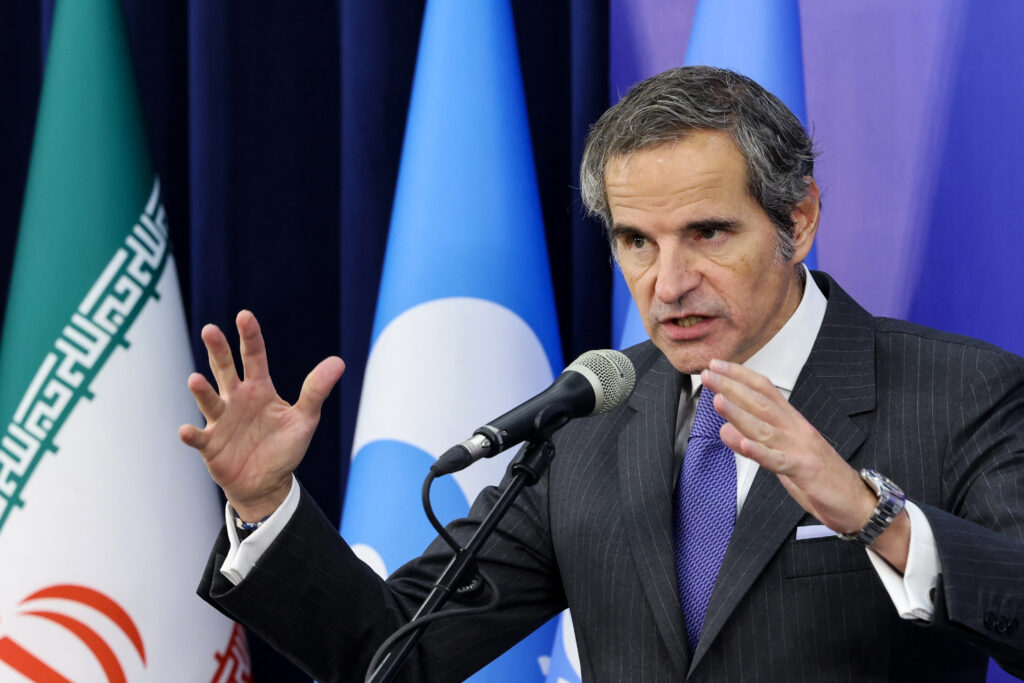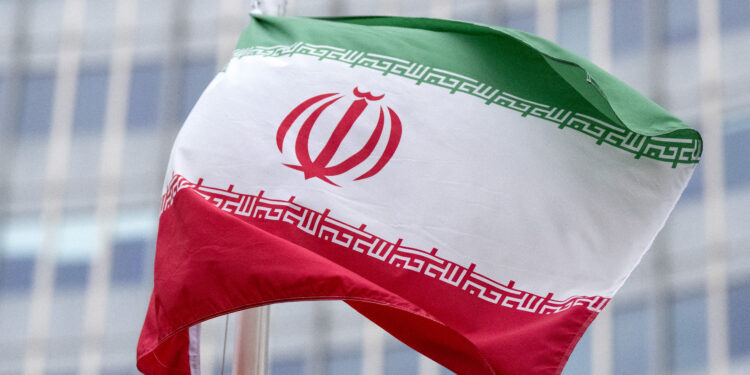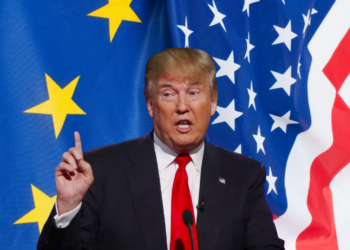Brussels – The race is on in Geneva to keep the Iranian nuclear deal from foundering once and for all before Donald Trump takes office next January. Representatives of France, Germany, the United Kingdom, and the European Union met in the Helvetic city with envoys from the Islamic Republic to try to unblock the complex negotiations over Tehran’s civilian nuclear program. Ultimately, the choice was made to keep the dialogue open, but there were no breakthroughs.
Even at the start of the talks, the mood was not the most relaxed. Iran’s Deputy Foreign Minister Kazem Gharibabadi complained about the European attitude, arguing that Brussels “should abandon its self-centred and irresponsible behaviour” regarding several international issues, such as precisely his country’s nuclear program but also the war in Ukraine.
Everything is held in meetings between diplomats in Switzerland. For some time, the EU has been pressuring Iran to stop supporting the Kremlin’s war effort by supplying the Federation with ballistic missiles and drones. But Tehran has so far turned a deaf ear, receiving new sanctions from the Twenty-Seven.
As for the Ayatollahs’ nuclear weapons, the Old Continent laments the lack of cooperation with the U.N. Atomic Energy Agency (IAEA), and some European countries fear that Iran wants to build the atomic bomb—a fear justified, they say, by the growing stockpiles of highly enriched uranium that Tehran is reportedly accumulating. British and French intelligence chiefs said today (Nov. 29) that the risk of Iranian nuclear proliferation could pose the “most critical threat” in the coming months and that Tehran’s ambitions “continue to threaten us all.”
Distrust was already felt last Nov. 21, when Berlin, London, and Paris asked the IEA inspectorate to compile a comprehensive report on Iran’s nuclear activities, which is a preliminary step for imposing new sanctions on the Middle Eastern country. The U.N. agency said Tehran plans to install 6 thousand new centrifuges to bring its uranium enrichment program to 5 per cent, while the limit set by international agreements is 3.67 per cent.

On the other hand, the Islamic Republic claims that the Europeans have ignored some signs of openness, such as the willingness to limit enrichment to 60 per cent and to allow the return of IAEA inspectors to Iran. As for the war in Ukraine, the official line is that not a single ballistic missile has been supplied to Russia. Foreign Minister Seyed Abbas Araghchi said in recent days that any return to the UN sanctions regime could call into question Tehran’s opposition (set through a fatwa) to atomic weapons development.
Ultimately, it was decided to continue the dialogue, but no crucial negotiating breakthrough was reached. In Geneva, European representatives were to assess the solidity of the Iranian offer while trying to convince Tehran to reduce its support for Moscow in the Ukrainian conflict, perhaps by lifting some economic sanctions.
However, relations between the parties continue to be not particularly relaxed. In a preliminary meeting, Gharibabadi and the EU’s chief negotiator, Enrique Mora, could not find much common ground. “Europe should not project its problems and mistakes on others,” the Iranian envoy wrote on X. With respect to the war in Ukraine, according to Gharibabadi, Brussels “has no moral ground to preach to others on human rights” given its “complicit behaviour toward the ongoing genocide in Gaza,” while on nuclear power “Europe has failed to be a serious actor due to lack of self-confidence and responsibility,” he added.
Most importantly, hanging over the talks like a sword of Damocles was the inauguration of the second Trump presidency on the other side of the Atlantic, scheduled for Jan. 20. During his first term in office, the New York-based tycoon had taken a hawkish stance toward the ayatollahs’ regime, pulling the United States out of the JCPOA (the agreement dating back to 2015 and negotiated not only by Washington and Tehran but also by the so-called E3 group that includes France, Germany, and the United Kingdom) and imposing “maximum pressure” on Iran through the reintroduction of economic sanctions.
English version by the Translation Service of Withub







